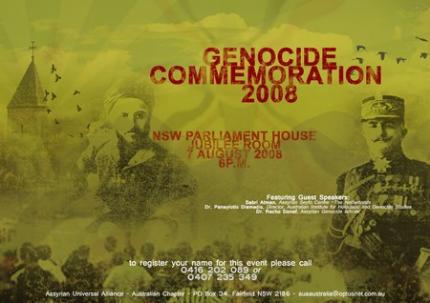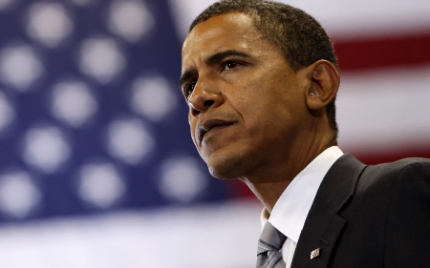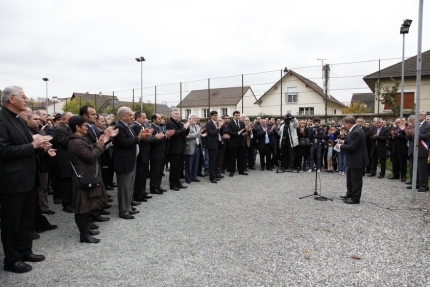Submitted by the author for GPN.
Ed. Note: The following poignant lecture-article has been edited with correction of basic English syntax and spelling, but not to polish or remove its heartfelt cry and only partially to remove its repetitiveness — which also conveys the heartfelt cry. Thus too we have not edited the text when it concentrates so legitimately on the murders of Assyrians and locates them alongside other fellow Christian victims – the Armenians and Greeks, but errs in not recognizing still other victims – such as the Yezidi people – about whom we also report in this issue of GPN. What is becoming clear is that almost all genocide scholars have erred for years in not identifying the full array of victims in the Armenian Genocide. In my own talk in Athens on the psychology of denying co-victims as a shared genocide (where I also spoke about Jewish denials of co-victims in the Holocaust), I apologized to the audience for my own years-long failure to identify all the co-victims, regrettably including the failure to do so in our award winning Encyclopedia of Genocide in 1999 (USA)/2000 (UK). — Israel Charny
Ladies and Gentlemen
I belong to the Seyfo Center. 95 years after the genocide, Seyfo or Sepa has become a topical issue in the international arena and it is making headlines. It is now becoming a salient point in international political agendas. Until recently only the Armenian aspect of the genocide was known and most people were not aware that the entire Christian population of the then Ottoman Empire was subjected and suffered under the same genocidal policies of the Young Turks. This is a recognisable difference that I am talking about: it is the recognition and inclusion of the Assyrian and Greek genocide as part of the earlier known Armenian genocide. However, this genocide is yet to be called by its proper name, “Seyfo,” in which Western Assyrian dialect it means “the sword.”
Seyfo was carried out in a true jihadist strategy, ethnically annihilating all the non-Muslim citizens living under the Ottoman occupation, with the objective of homogenizing Turkey with a notion of creating ‘one-Nation’ and ‘one-Religion.’ Most of the victims were killed by swords and it is precisely due to this fact that this genocide is known among our people as “Seyfo.” This is how it was known by its victims, and this is how they passed it on to us with their eye-witness accounts which have become part and parcel of our collective memory.
I would also like to iterate certain beliefs of mine to avoid any confusion. My knowledge on the subject, which is the Assyrian Genocide, is after all not unlimited, but I was born in Turkey, Turkish language is one of the ten languages I speak, and I know the Turkish policy very well and the reality of the Turkish state. The Assyrian Genocide was organized by the Ottoman Turks, and this is the reason I speak mostly about Assyrians and Turkey. This is not because my people from Urmi, Iraq and the rest of the world are less important to me. This is absolutely not the case. What is happening to our people in today’s Iraq is terrible. I am very grateful for the efforts of the Assyrian Aid Society and similar organizations in providing aid to our people in Iraq and making their voices heard in America and the rest of the civilized world.
Dear Friends,
On September 11th 2001, the world witnessed a severe tragedy in their own backyard. In a very short time all our lives where changed when we saw the monumental World Trade Center buildings destroyed. Nearly three thousand people lost their lives. The scenes of September 11th are still vivid in our memory. The engulfing flames were hellish, the clouds of the buildings collapsing were Hiroshima-like. The images of people jumping out of the 33rd floor are forever disturbing. The idea that people who went to work that day on a normal morning were never going to return to their husbands, wives, and children touched all our hearts. This was a severe and a painful tragedy, which should never be forgotten. As life goes on and close to ten years will have passed, the active memory is still going on. However, there is one consolation for those who lost their relatives and loved ones. They have a resting place for those lost loved ones, which now has been transformed to a memorial of flowers, candles, and pictures, never letting the world forget the tragedy that occurred there. Furthermore, some of those who were responsible for the call of jihad (which means the holy war for Islam) have been punished. Click here for PDF version of "A Jihad Appeal to Muslims."
We Assyrians as a people have been punished more. Our perfect little world has been changed forever. Our children’s history books have been rewritten. We are not in them. The world tragedy that took place ninety-five years ago is not in our history books! Across the globe, in another part of the world, this tragedy’s painful consequences are still being felt. The word jihad is a familiar word that is not new to Assyrians, Armenians and Greeks. On November 14, 1914 there was a decision to call for jihad, not different from the decision which was called for on the American public and the people of New York. This decision of jihad was preached and read in all of the mosques, while the world stood still watching. As a result, in 1915 the crime of Genocide was committed in Turkey, against the Christians, namely, the Assyrians, the Armenians, and the Greeks. This was the first large genocide of the 20th century, in which not 3 thousand people perished but more than 2 million young-old, men and women, boys and girls were killed. If you divide the number 2 million by 3 thousand, which is the number of those who lost their lives in New York, you will get the number 666. In other words the tragedy that was suffered by our people in 1915 was 666 times bigger numerically than the tragedy that was experienced in New York. No loss of life large or small should be taken for granted, and all losses should always be remembered. Unfortunately, those who watched our people being massacred 95 years ago continue to stand still. Not enough action has been taken, and Turkey, continues to deny that the crime of genocide was ever committed.
The Assyrian Genocide is the unknown genocide of the 20th century. The tragedy of systematic cleansing by the Ottoman Empire of the Christian minorities living under their occupation included the Assyrians, the Armenians, and the Greeks.
Why do I persist in the task of recognition of the Assyrian Genocide? Many non-Assyrians ask me, “Why do you persist on this cause? The past is the past. Let the dead rest.” I say to them, “The Assyrians were killed and displaced during the Genocide; I will never rest until they have received their due justice.” Assyrians, like me, are forever tied to our bitter past and the genocide committed upon our people by the Young Turks during the First World War. As Assyrians, it is our responsibility that the descendants of the old Ottoman Empire represented today by modern and “secular” Turkey recognize the atrocities of its past, and ensure that such crimes will never happen again.
In addition, my response to them is, that the past shapes our future and to progress you must learn from the past.

The Assyrian genocide is not at all known globally. An unknown and denied genocide inflicts great emotional pain on us children of a people victimized by genocide. Many of our contemporary society’s problems can be deduced from the genocide. Even though the democratic world has failed to prevent the genocide committed against our people, it now has to cooperate to alleviate the problems we are facing today. As part of the first genocide of the twentieth century, Assyrian Genocide studies should be taught in all universities as a topic in the introduction of crimes of genocide and against humanity. Committed wherever and by whomever, genocide remains genocide. It survives the traces of time.
History provides us not only with pure facts about when or where specific events have occurred, but also with a mean to cope with the past. Past genocides have to be known and condemned in order to prevent future genocides. It is a big mistake to think that a genocide lies in the past and should be forgotten. History is not about oblivion. It is about knowledge. It is about education. It is about the future. And this is precisely why the Assyrian Genocide should be known and considered.
We Assyrians lost two thirds of our population in 1915. We were uprooted from our motherland. The remnants of the genocide were cast into distant parts of the world. Today we are struggling with our sheer existence. Finally, many contemporary problems are a product of the genocide. How can we forget about all this?
What is the Seyfo Center?
I am one of the founders and currently the director of the Assyrian Genocide Research Center, called Seyfo Center in Europe. Many have asked me what is the significance of the term “Seyfo”?




